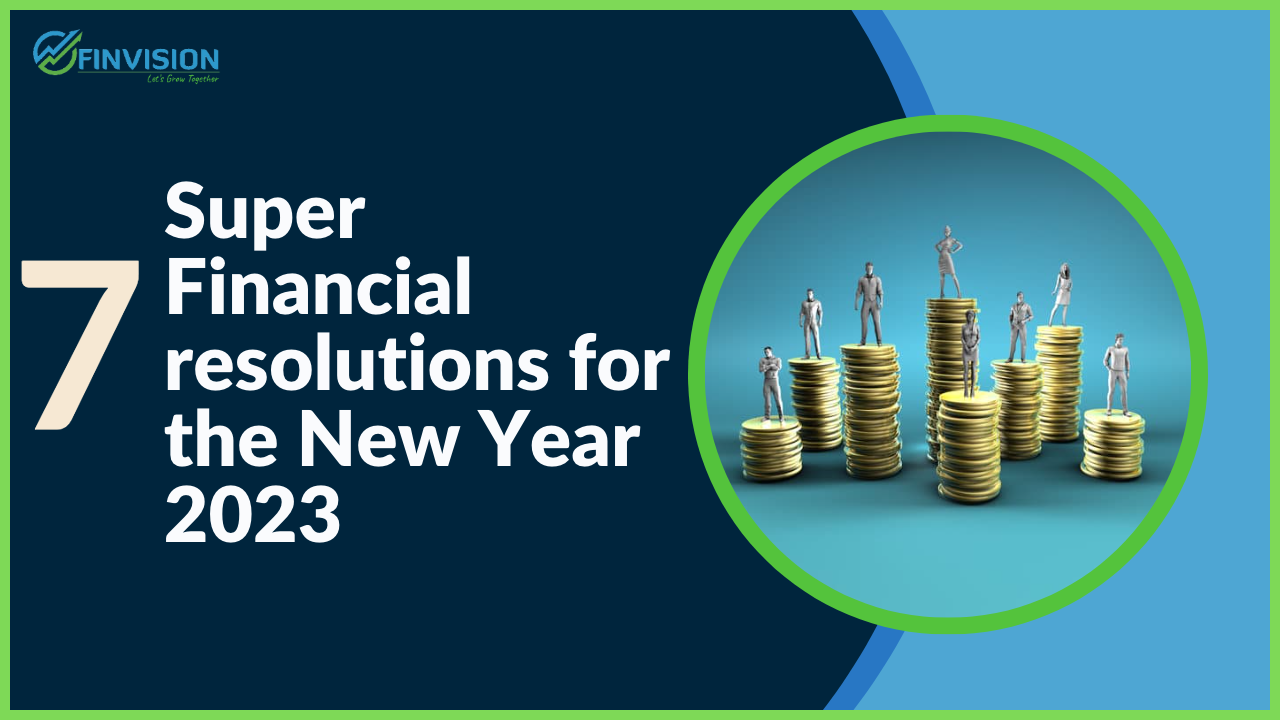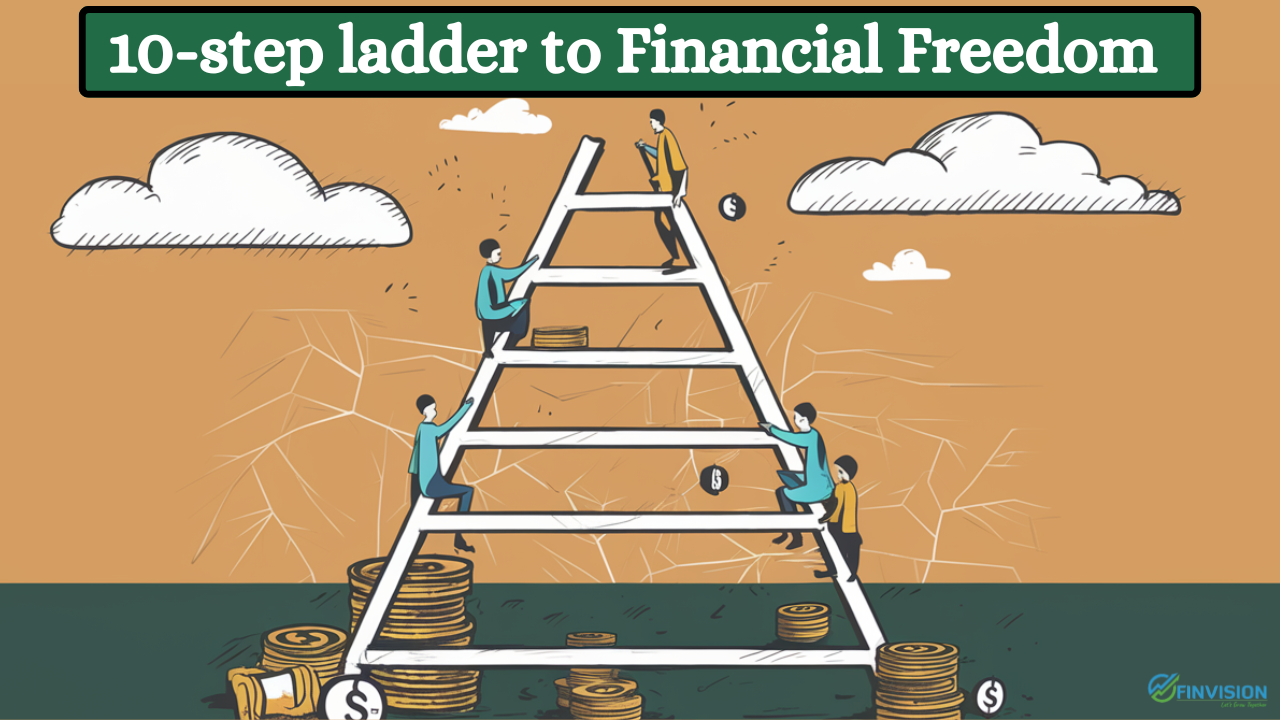

1. Revisit your household budget: Start the year by revisiting your budget. Assess your average monthly income, as well as your fixed and variable expenses, and determine your financial priorities for 2023. For example, maybe you’re looking forward to putting extra income toward a bucket-list of retirement corpus or perhaps to buy a new car. Understanding your top priorities can help you develop the ideal budget and investments for you.
2. Check your emergency fund: If you haven’t done so already, now’s a good time to double-check that you have sufficient savings for a rainy day. Not only can an emergency fund help you to avoid having to liquidate portfolio assets at depressed prices during volatile markets, but it can also help keep you afloat if your employment situation changes. Ideally, 3-12 months of living expenses may provide you with a comfortable cushion and greater focus you need to pursue new opportunities.
3. Tackle your debt: Even if you’re already good about managing debt, consider taking steps to help reduce and consolidate it further. For example, if you’ve got a raise or have been able to save extra, consider applying the extra savings to any high interest rates loan dues. Then, think about consolidating any remaining debt, which can let you swap the varying interest rates on multiple loans, cards for a potentially lower rate on a single loan. Reducing the number of loans you carry can greatly help to simplify your financial life and ease money stress.
4. Prioritise your financial wellness: Use the new year as an opportunity to feel more in control of yourself, mentally and financially. Formulate a financial and retirement plan for yourself and your family; invest strictly as per your identified goals, time horizon and risk appetite. This shall also help you better your interactions with your financial advisor, and invest & monitor in an objective and optimised way. You are most welcome to fetch #TeamFinvision help and expertise.
5. Make sure you are on track with your goals: As you begin a new year, be sure to check whether you’re tracking towards your goal, such as saving and investing for a comfortable retirement, child’s wedding, education abroad, and so on. If you are off track, work with your financial advisor to figure out why and how you can get back on the right path. If you’re on track with your goals, talk about new goals you want to work towards. For example, if you had temporarily reduced your retirement contributions to free up income to cover emergencies during Covid. Get your retirement allocations back to the planned levels and your advisor can help you look holistically at the year ahead and assess your progress towards your goals.
6. Rebalance your investment portfolios: The last one year of economic and geo-political developments have completely changed the market texture. Therefore, take steps to: (a) Harvest the long term tax gains, (b) Re-align your portfolios towards the emerging market realities and (c) Get your asset allocation to the originally decided allocation as per your original (or altered) risk appetite and investment horizon. This should be done even for sectors and segments within equities i.e. like booking profits in some and moving to emerging sectors.
7. Consider investing in ways that matter to you: Whatever may be your risk appetite, financial goals and investment horizon. #Finvision, can help you find opportunities to align your investments with your values. Therefore, consider adding more impact to your investments while potentially generating positive financial returns to achieve your lifestyle goals in style.
For all your Financial & Retirement planning, Investment, Insurance and Tax optimisation needs contact #TeamFinvision
Important Financial Awareness Videos: https://www.youtube.com/channel/UCW-avyIZvPg2meoXk3X4nQA
Also please don’t forget to share the blog with friends, subscribe to our newsletter, follow us on LinkedIn: https://www.linkedin.com/company/80388138/admin/ and join out Telegram channels: https://t.me/+-trZbgtThPw2Y2E1 to stay updated.











